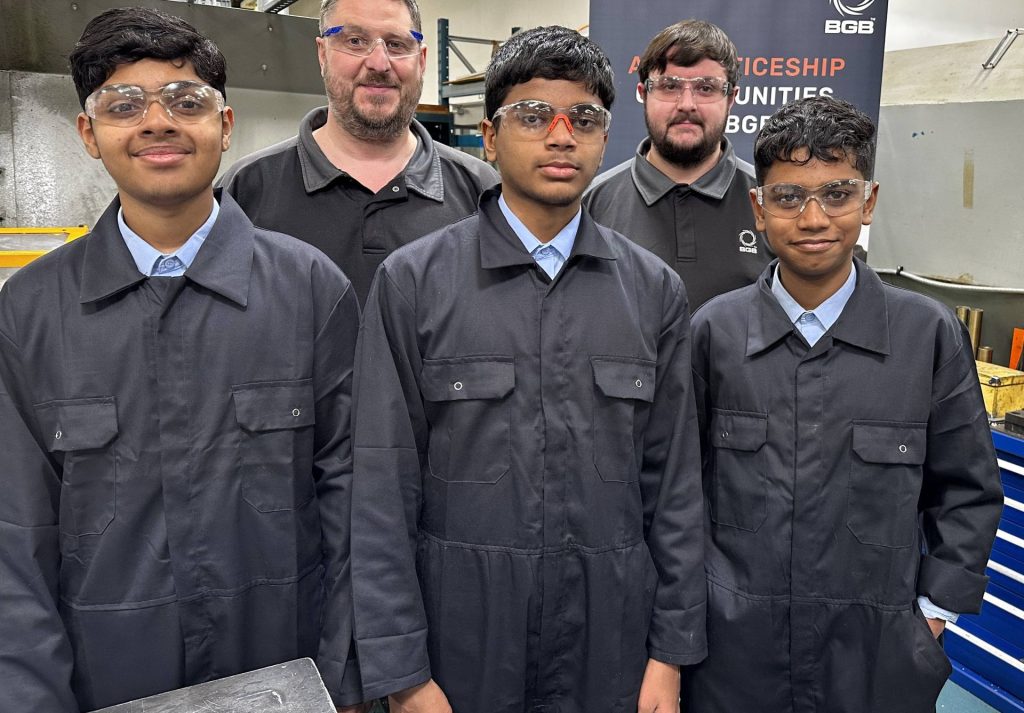In this exclusive op-ed for The Manufacturer, Nathan Flower, Production Manager at BGB, explores why the engineering industry must prioritise apprenticeships, challenge outdated perceptions, and invest in inclusive, hands-on training in order to overcome an ageing workforce and meet urgent innovation and sustainability goals by attracting and developing a diverse new generation of skilled talent.…
This content is for subscribers only. Subscribe now for free to read the full article.
Already a subscriber? Login

